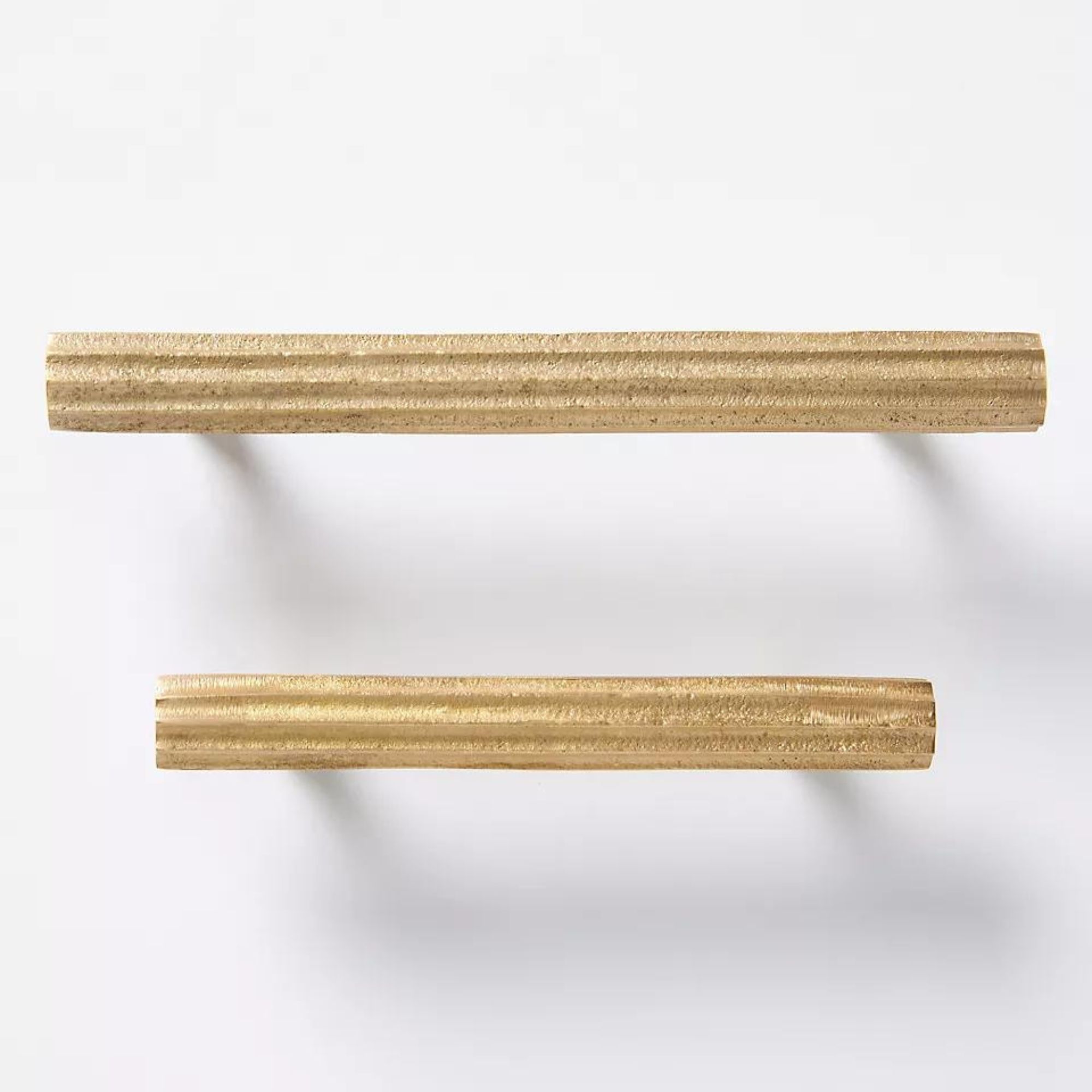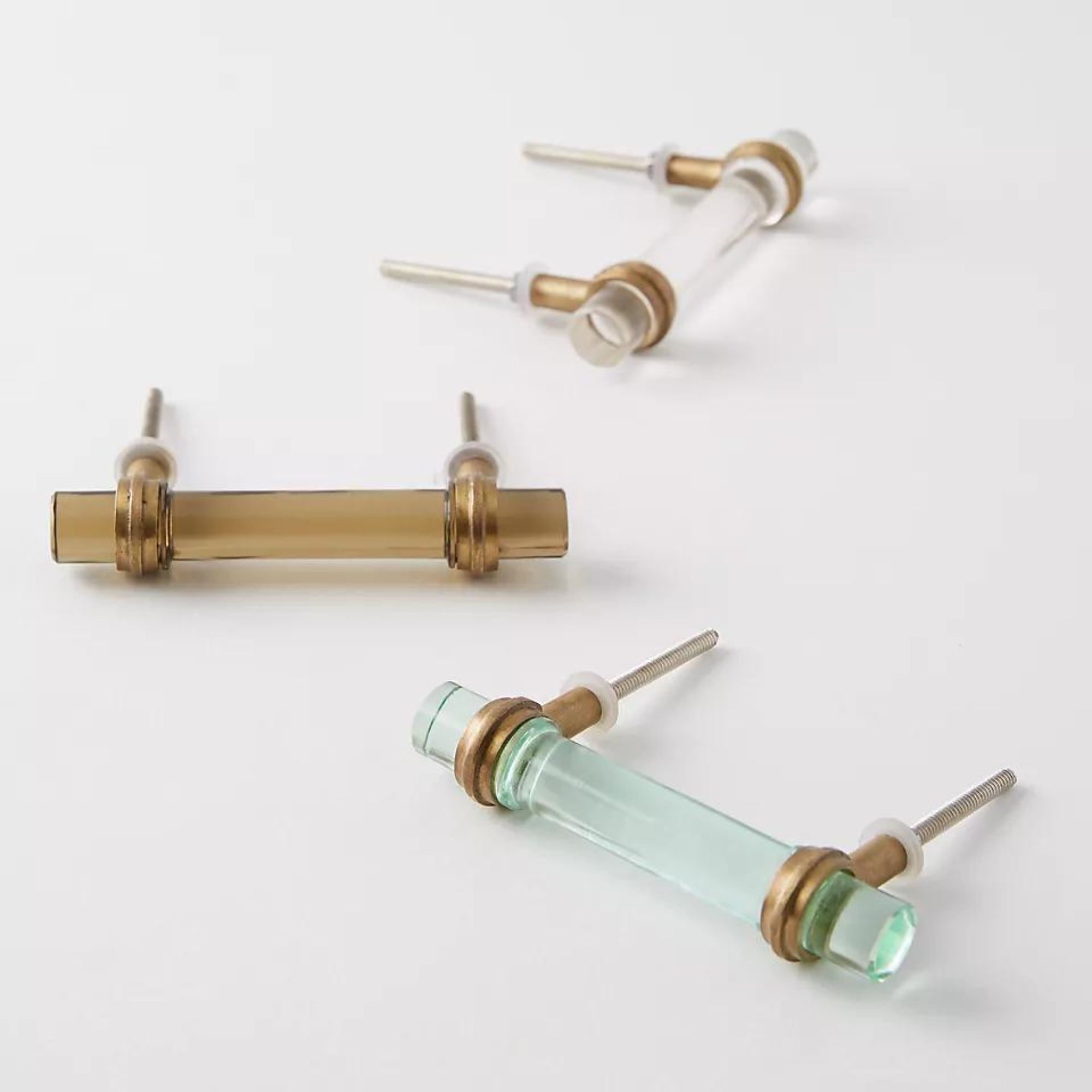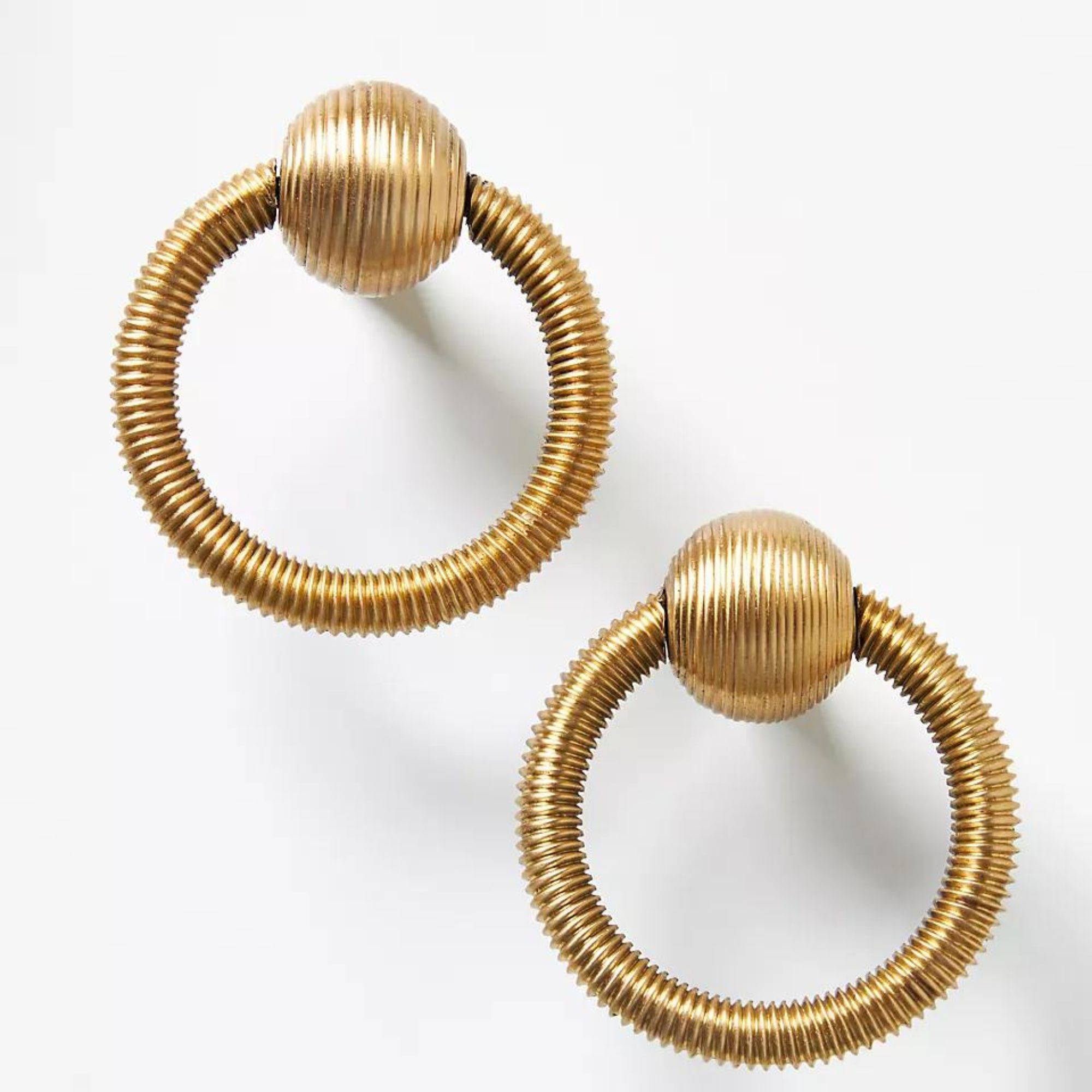Can you (and should you) mix kitchen cabinet hardware? Expert tips on how to nail this eclectic trend
A playful way to add interest to your kitchen scheme, but will this trend endure? Here's what the experts have to say
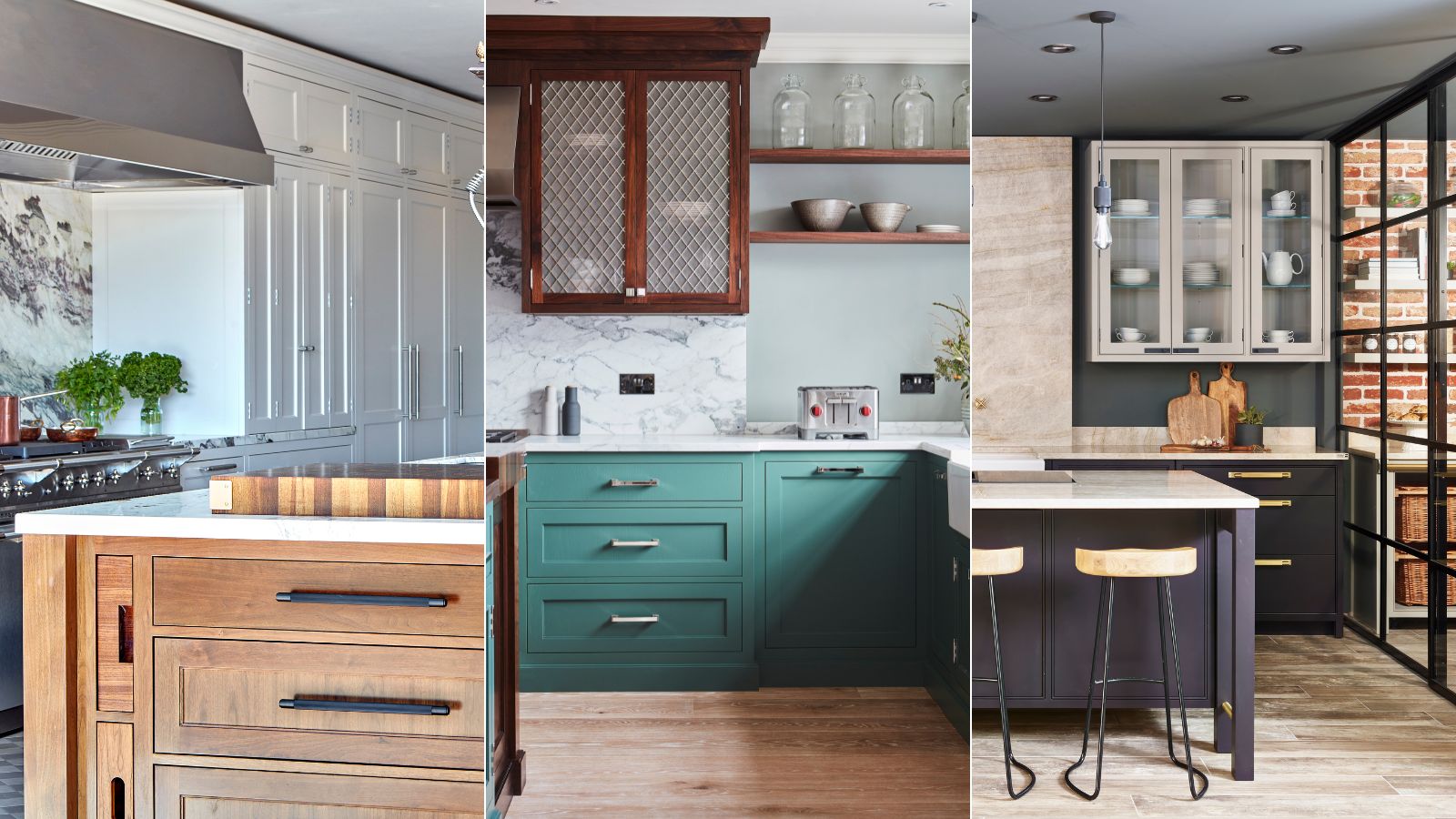

As trends this year promote more eclectic, personality-filled spaces, can you – and should you – mix kitchen cabinet hardware? From handle styles to fixture finishes, introducing a playful mix seems like the simplest way to add interest to your scheme, but is it a designer-approved method?
Kitchen cabinet hardware ideas are vast and varied, and as kitchen trends continue to change, it can be tricky to keep up with the dos and don'ts of kitchen design. But is mixing hardware the new way to add unique appeal to your design, or is it a fleeting trend to stay away from?
To find out whether 2024 is the year to embrace mismatched handles or consider them a dated trend to avoid, we've asked kitchen designers if you should mix your kitchen cabinet hardware, or keep things uniform.
Should you mix kitchen cabinet hardware?
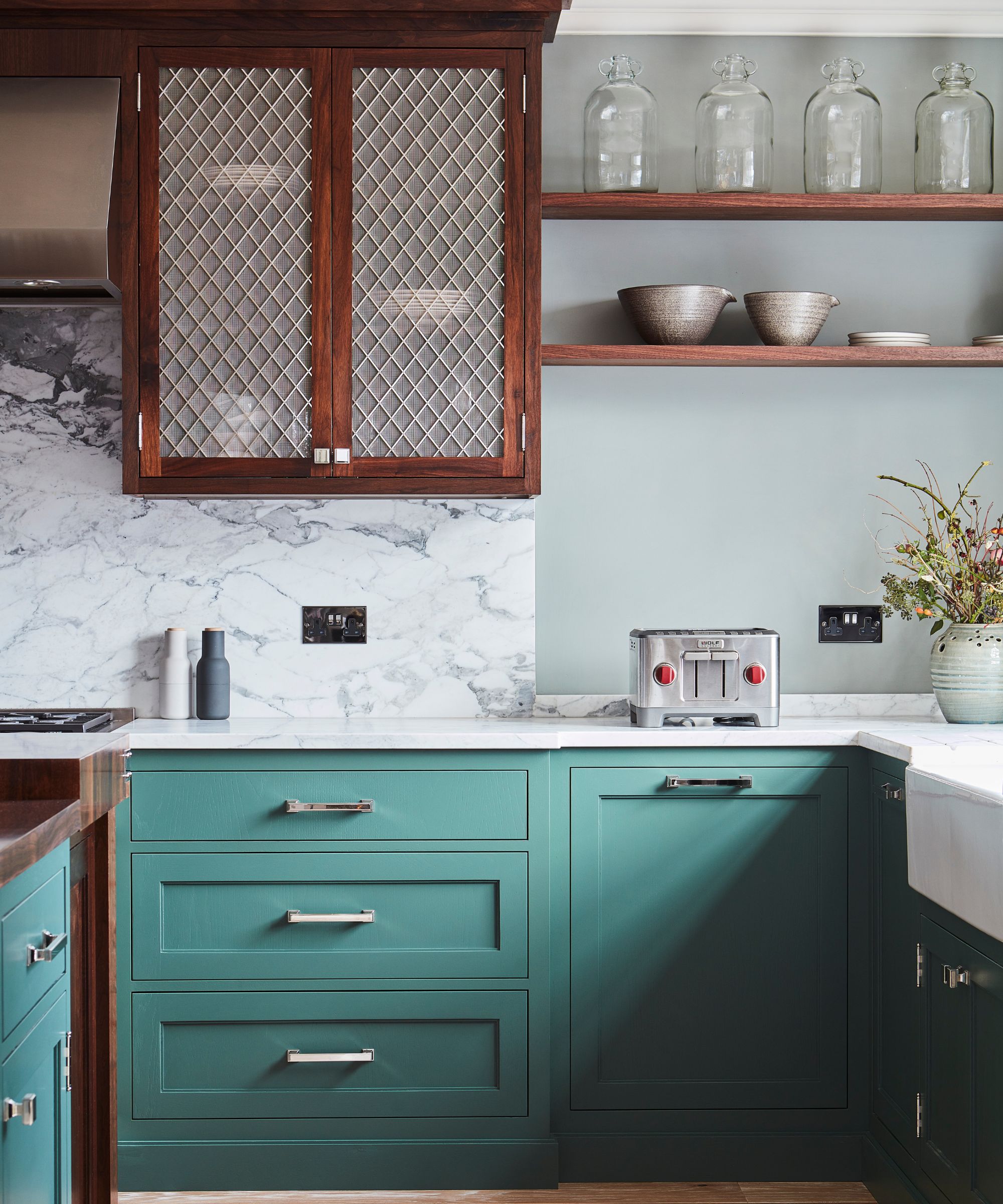
For so long, the approach to kitchen hardware has been to buy a pack of handles and stick them on every door or drawer, creating a cohesive finish to our schemes. And while it has always worked – and can aid an aesthetic design – it seems homeowners are searching for a more unique approach to the jewelry of the kitchen. This is where mixing your kitchen hardware comes in.
'Mixing hardware in your kitchen might sound like being asked to color outside of the lines by contrasting finishes and styles but it isn’t as scary as it might sound. In fact, mixed hardware is one of 2024's biggest kitchen trends,' says Richard Davonport, managing director at Davonport.
For some, it's a case of mixing finishes, for others, they prefer to stick to one finish but introduce different styles. 'It can be great to use different cabinet hardware within a design. Whether it's different sizes within the same collection or combining bars, T bars, and knobs depending on which cabinets,' says Jayne Everett, creative director at Naked Kitchens.
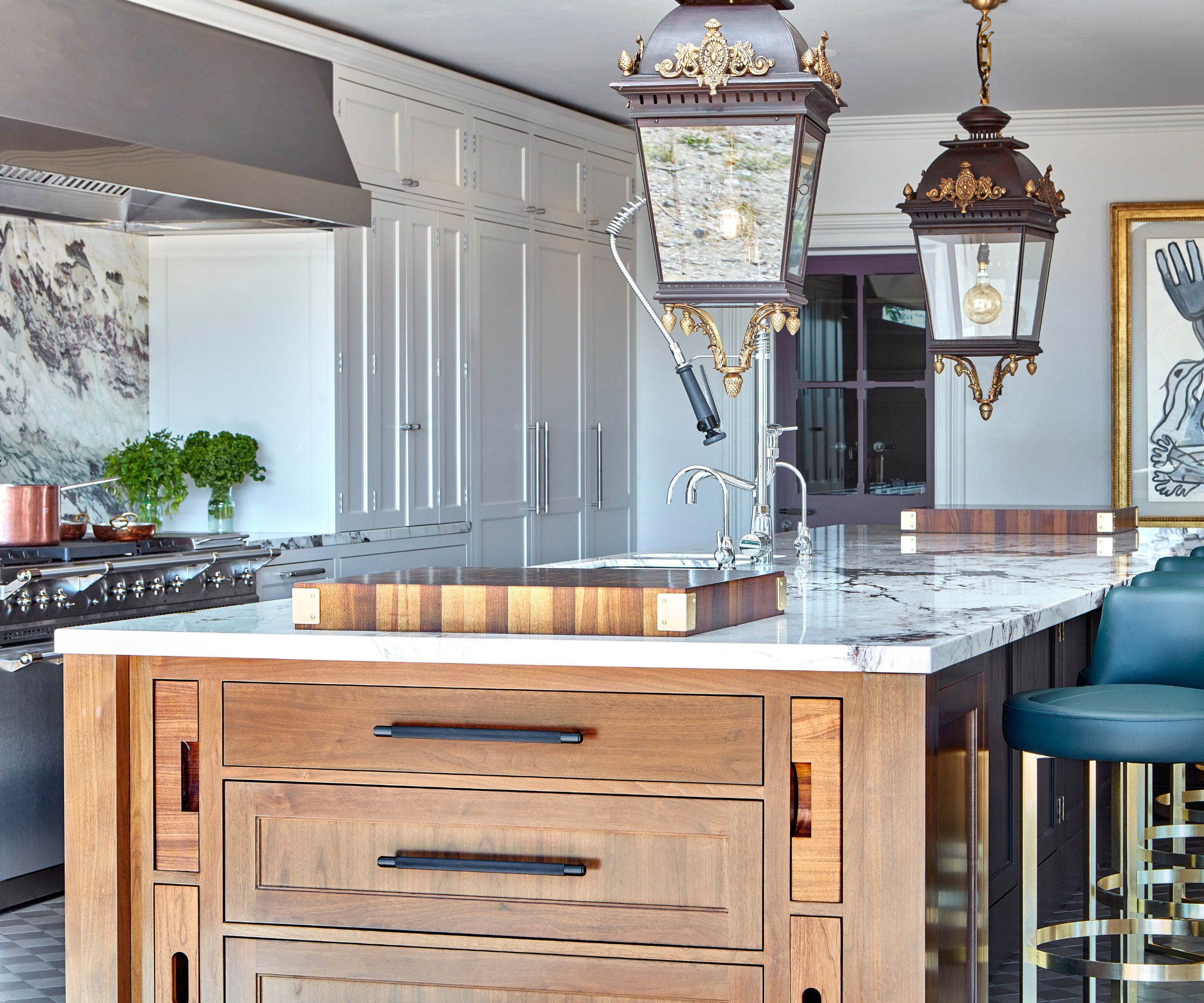
The hardware you use for each cabinet or drawer will depend on its practical functions as well as aesthetics. 'Bar handles work wonderfully on drawers but don't always work well with wall cabinets within the same scheme so mixing handle types aesthetically works much better. Where tall appliance housing needs to be considered, longer bar handles work well,' she adds.
A successful scheme, however, requires a restrained approach to mixing hardware – too many variations can make your kitchen feel messy and unconsidered, so interior designer Tama Bell says to 'use a combination of two or three different styles of hardware to create interest.'
On the other hand, mixing kitchen hardware finishes can also add interest and character to your space, but mixed metals have certainly divided opinions over the years. However, experts assure that with the right pairings, it can look truly eye-catching.
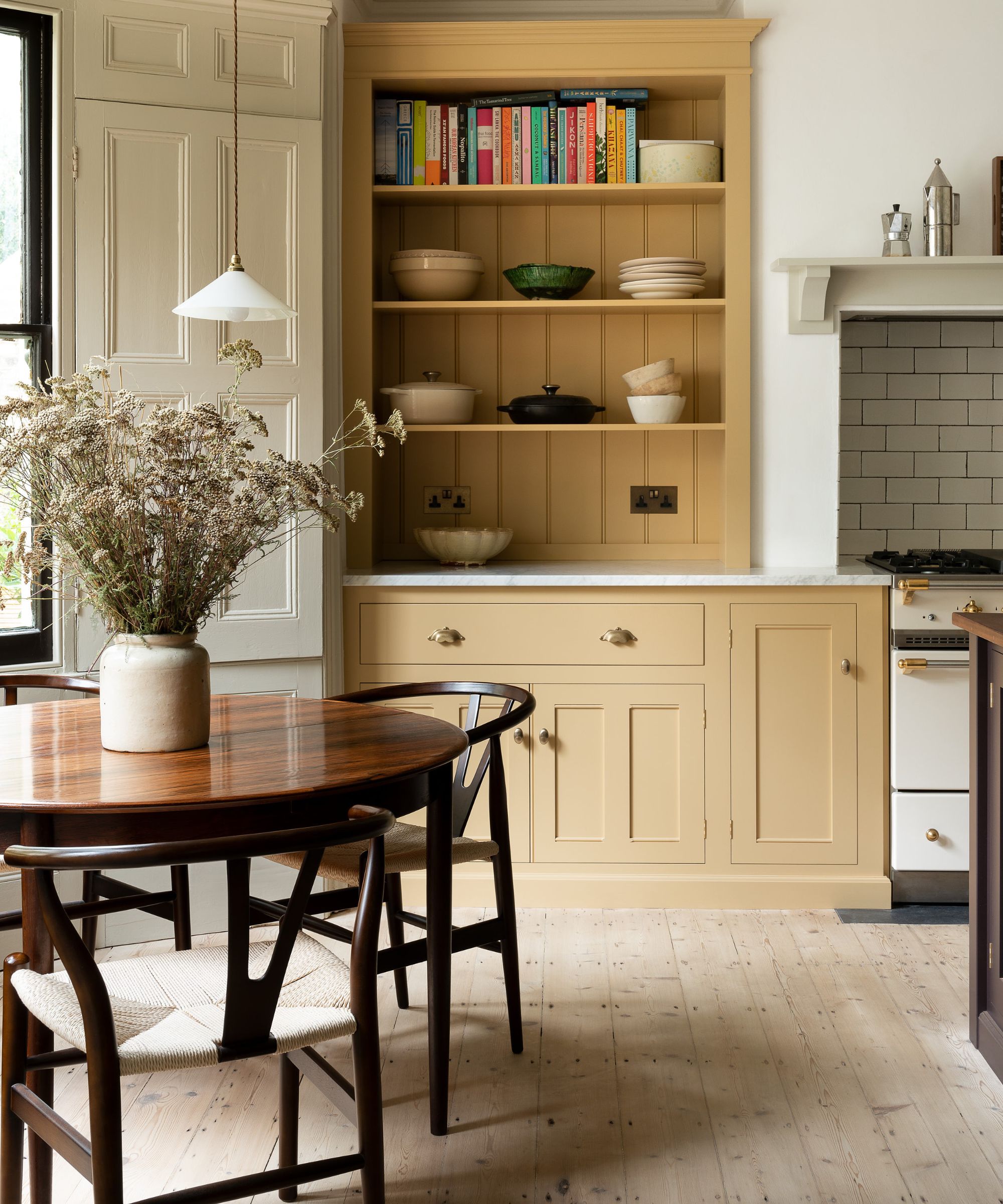
'It can be super cool to play around with different hardware finishes within the kitchen cabinetry, creating a purposefully eclectic design. Different appliance finishes, such as a stainless steel fridge and brass taps, can continue this theme through the design,' says Jane.
2024 is, after all, the year of eclectic style, and introducing mixed hardware is a more subtle yet enduring way to introduce the trend to your space. Richard adds that 'it also can add a beautiful sense of depth, adding a luxurious and high-end finish to your kitchen.'
If you want to mix kitchen hardware finishes in your scheme, there are some guidelines to follow to ensure it feels chic rather than mismatched. In a similar vein to mixing hardware styles, it's all about creating a sense of curation, rather than covering your kitchen with random handles.
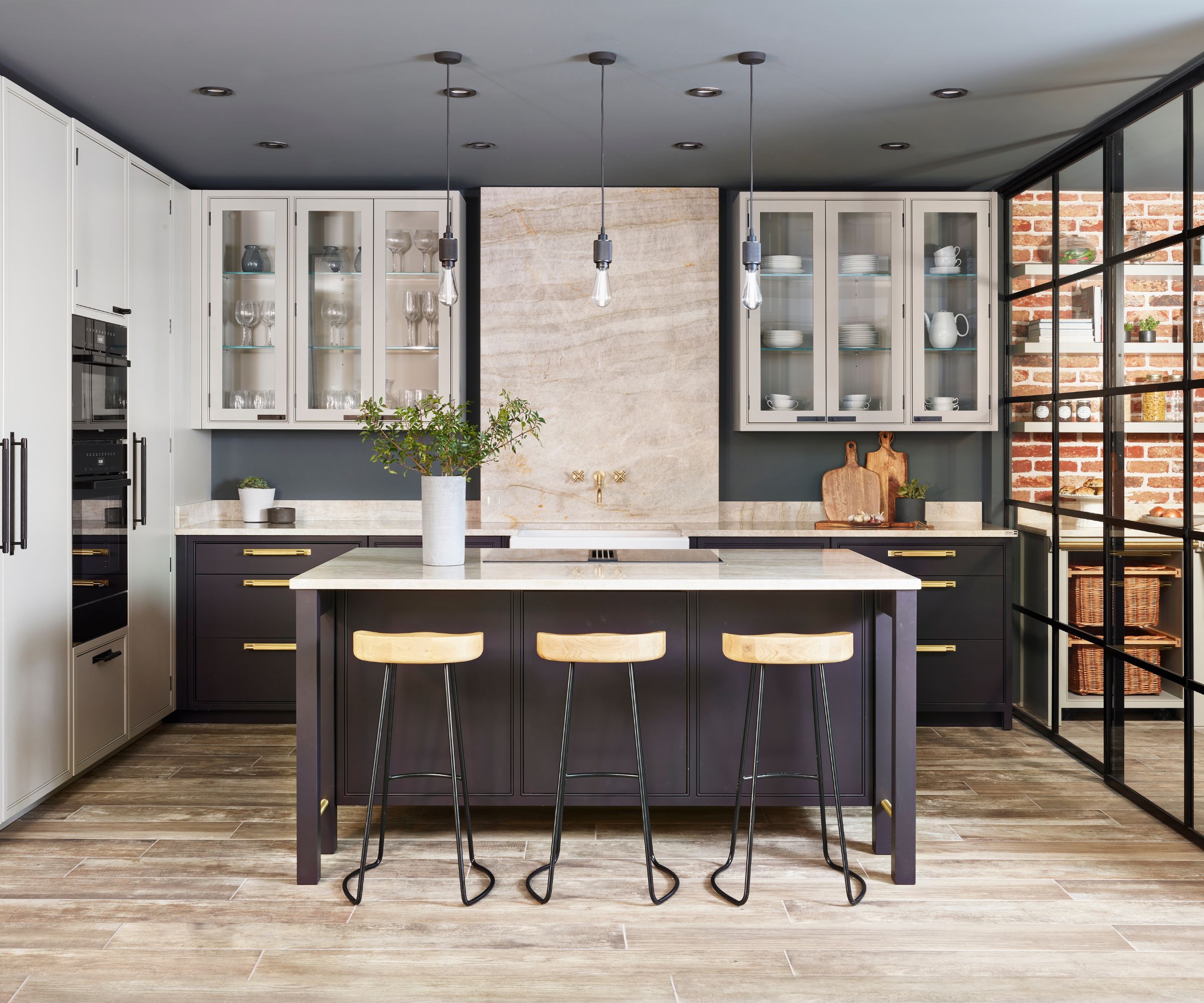
'We recommend sticking with two or three metal finishes to keep a cohesive look throughout and work to a 70/30 ratio. Pick a dominant metal finish and style (the 70%) and coordinate it with accent metals (the 30%). By sticking to these rules, you can create a visually rich and exciting space,' Richard explains.
'In this kitchen [pictured above], we wanted the whole space to grab your attention, which is why the deep rich purple cabinetry and gold hardware aren’t limited to just the kitchen island. Instead, we used it for the floor cabinets as well. This contrasts with the tall and wall units with industrial matt black handles. In doing so, your eyes are first drawn to the darker units which set off the gold handles before moving to the lighter cabinets and taking in the unusual and intricate industrial handles,' he explains.
In short, you can, and should, mix kitchen cabinet hardware, but don't overdo it. Stick to a small selection of finishes and styles to create a curated and eclectic scheme, rather than an overwhelming collection of pieces.
Whether you mix styles, finishes, or both, a blend of designs can aid a character-filled kitchen scheme – it ensures your space feels visually interesting. And rest assured, mixing kitchen hardware is predicted to be an enduring feature, not just a one-off trend.
Sign up to the Homes & Gardens newsletter
Design expertise in your inbox – from inspiring decorating ideas and beautiful celebrity homes to practical gardening advice and shopping round-ups.

I’ve worked in the interiors magazine industry for the past five years and joined Homes & Gardens at the beginning of 2024 as the Kitchens & Bathrooms editor. While I love every part of interior design, kitchens and bathrooms are some of the most exciting to design, conceptualize, and write about. There are so many trends, materials, colors, and playful decor elements to explore and experiment with.
-
 This one plant can reduce pest problems in 3 ways – a horticulturist reveals exactly how it will help you grow better-than-ever vegetables
This one plant can reduce pest problems in 3 ways – a horticulturist reveals exactly how it will help you grow better-than-ever vegetablesIt is time to be amazed by all the benefits that come from planting this edible flower for pest control
By Drew Swainston
-
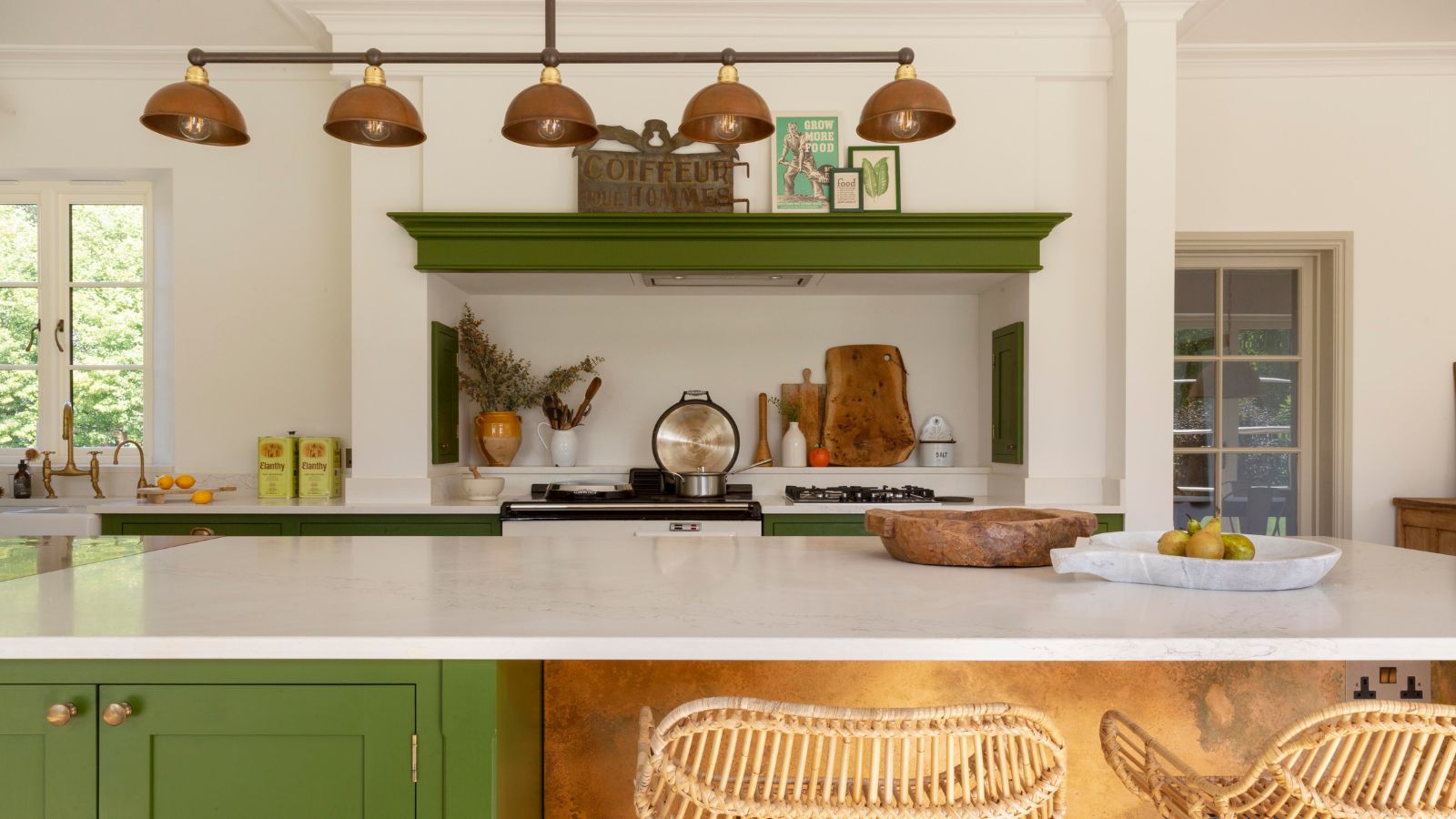 7 underrated kitchen features that are sure to make your life easier, according to interior designers
7 underrated kitchen features that are sure to make your life easier, according to interior designersFrom game-changing storage to functional decor
By Molly Malsom
-
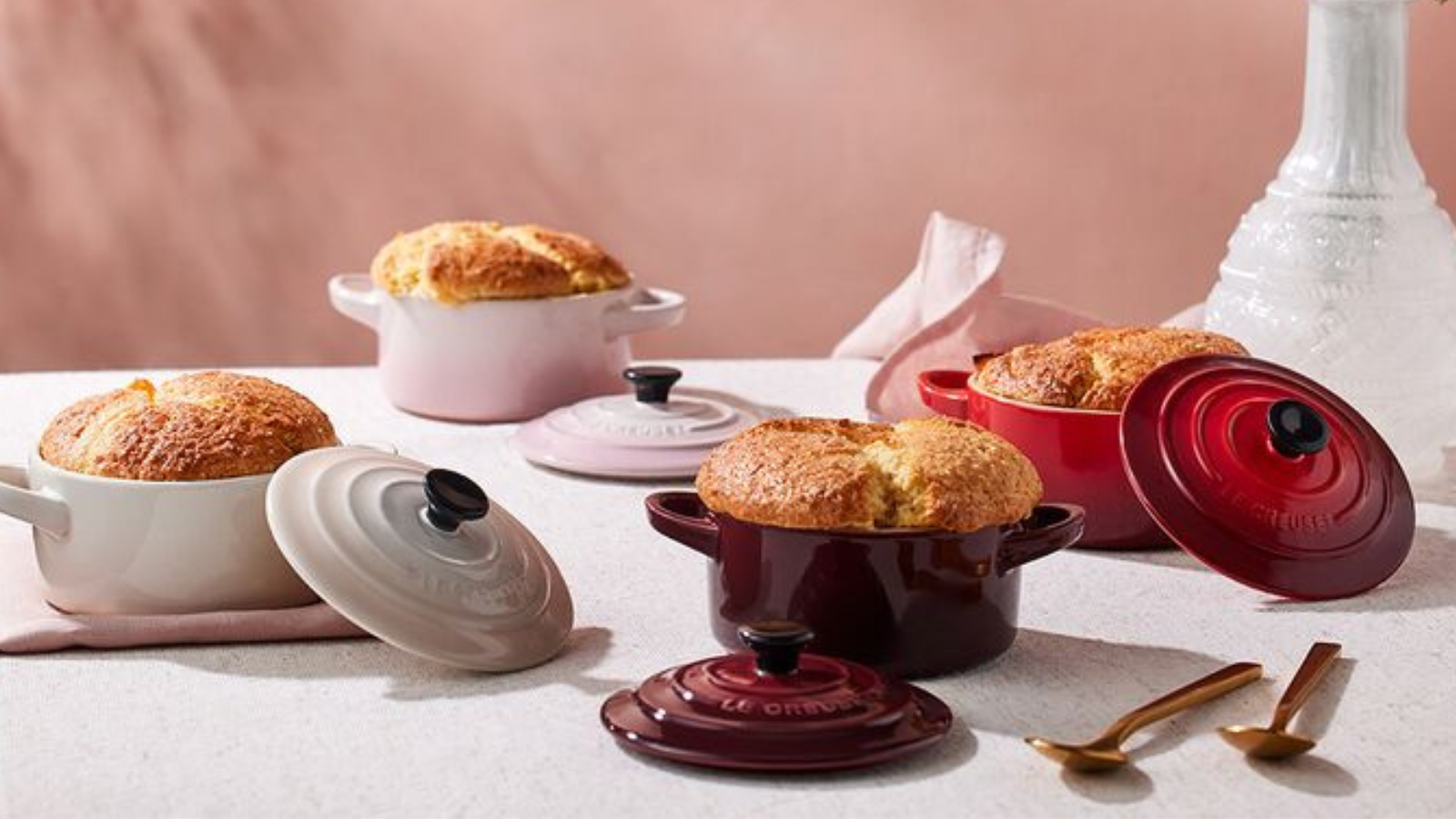 10 Dutch oven mistakes that make me cringe (and a chef's tips on how to avoid them)
10 Dutch oven mistakes that make me cringe (and a chef's tips on how to avoid them)From using metal utensils to preheating without oil, avoid these Dutch oven mistakes to protect your pots and yourself
By Lydia Hayman
-
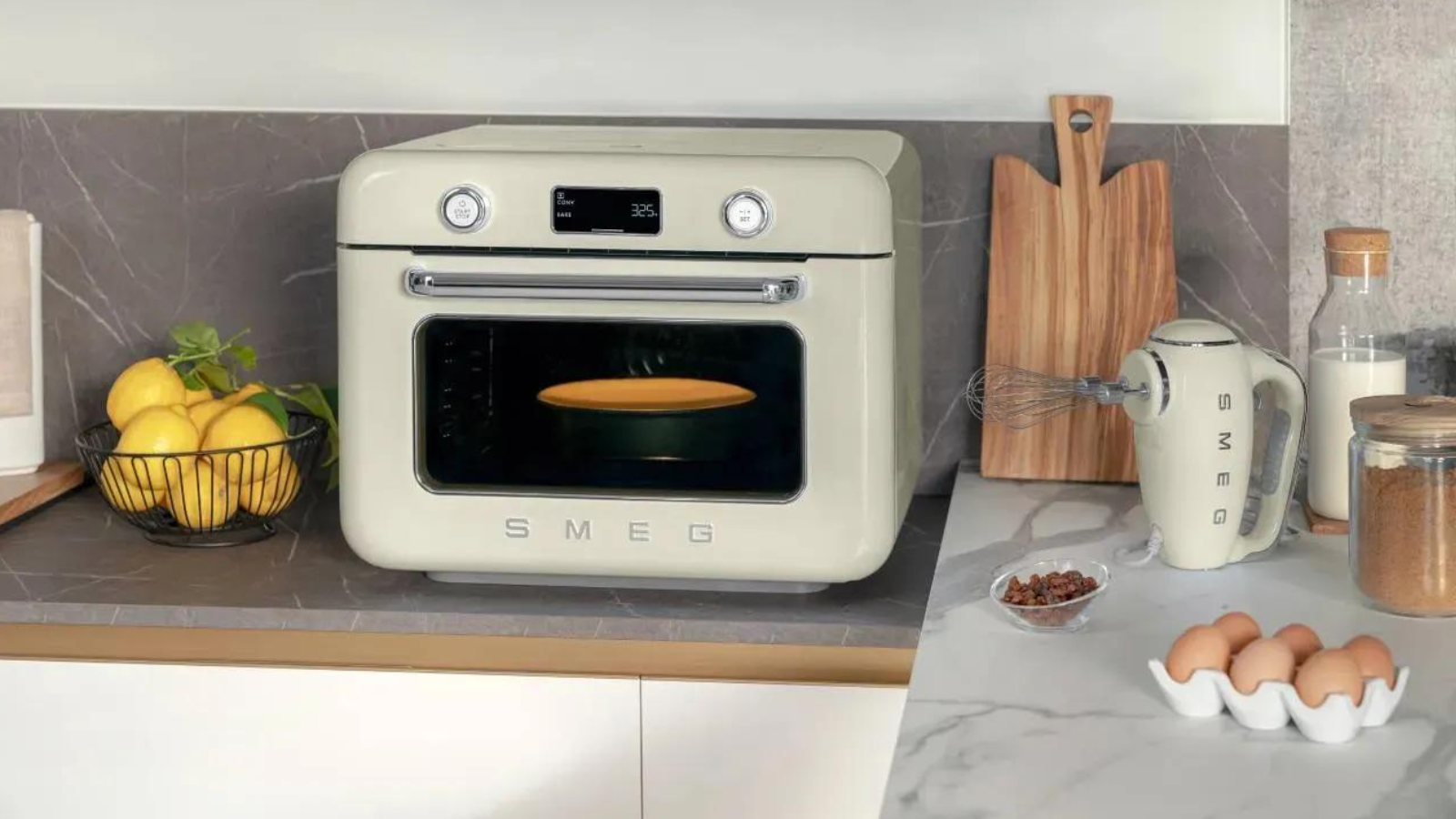 Can you bake a cake in an air fryer? I put the latest tech to the test
Can you bake a cake in an air fryer? I put the latest tech to the testThe short answer is yes, but you need to follow these air fryer baking tips and tricks
By Lydia Hayman
-
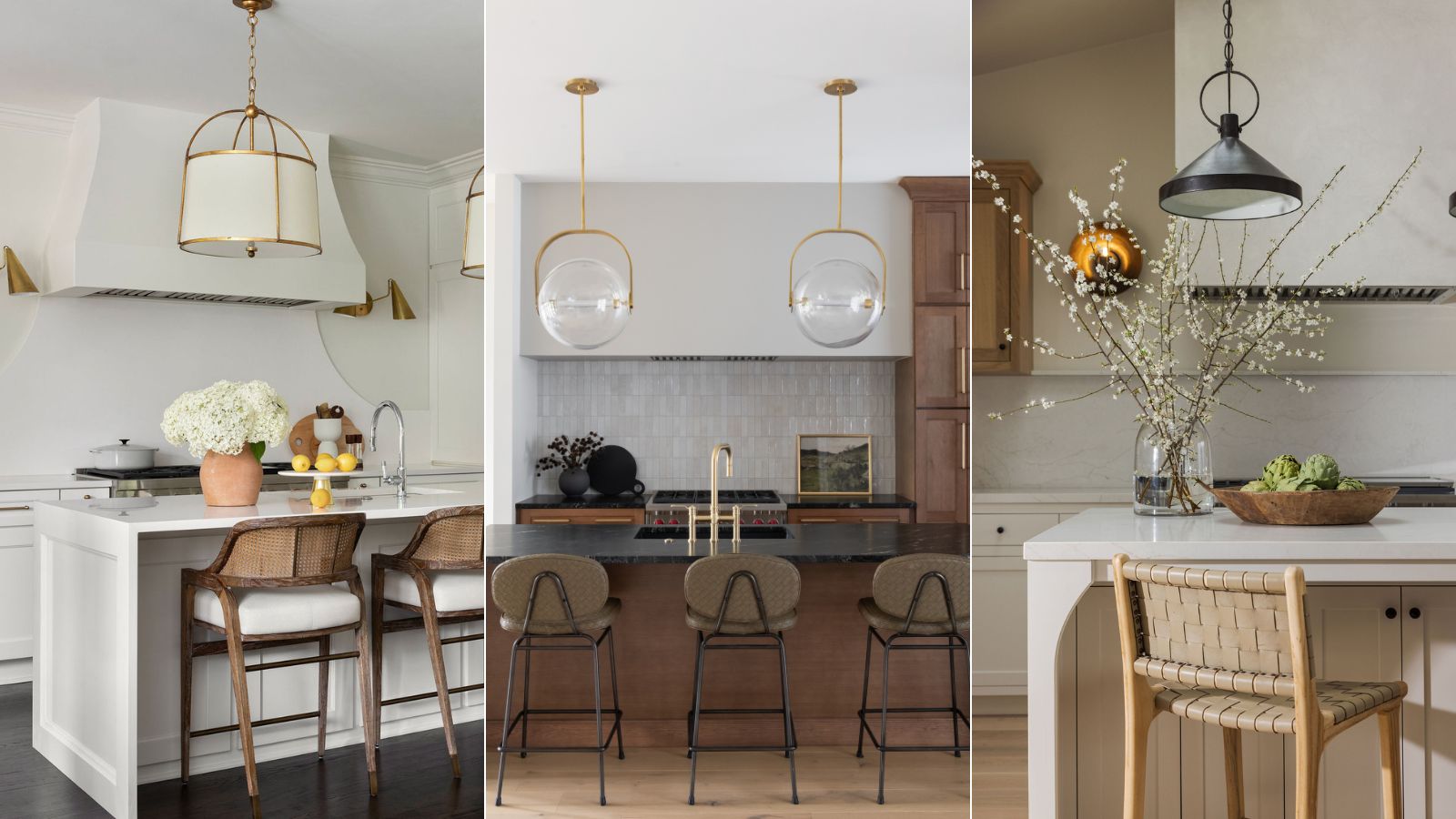 7 things interior designers say you don’t need in your kitchen – and the features that should replace them
7 things interior designers say you don’t need in your kitchen – and the features that should replace themThere's lots to consider when designing a kitchen, but according to experts, these things shouldn't be included
By Molly Malsom
-
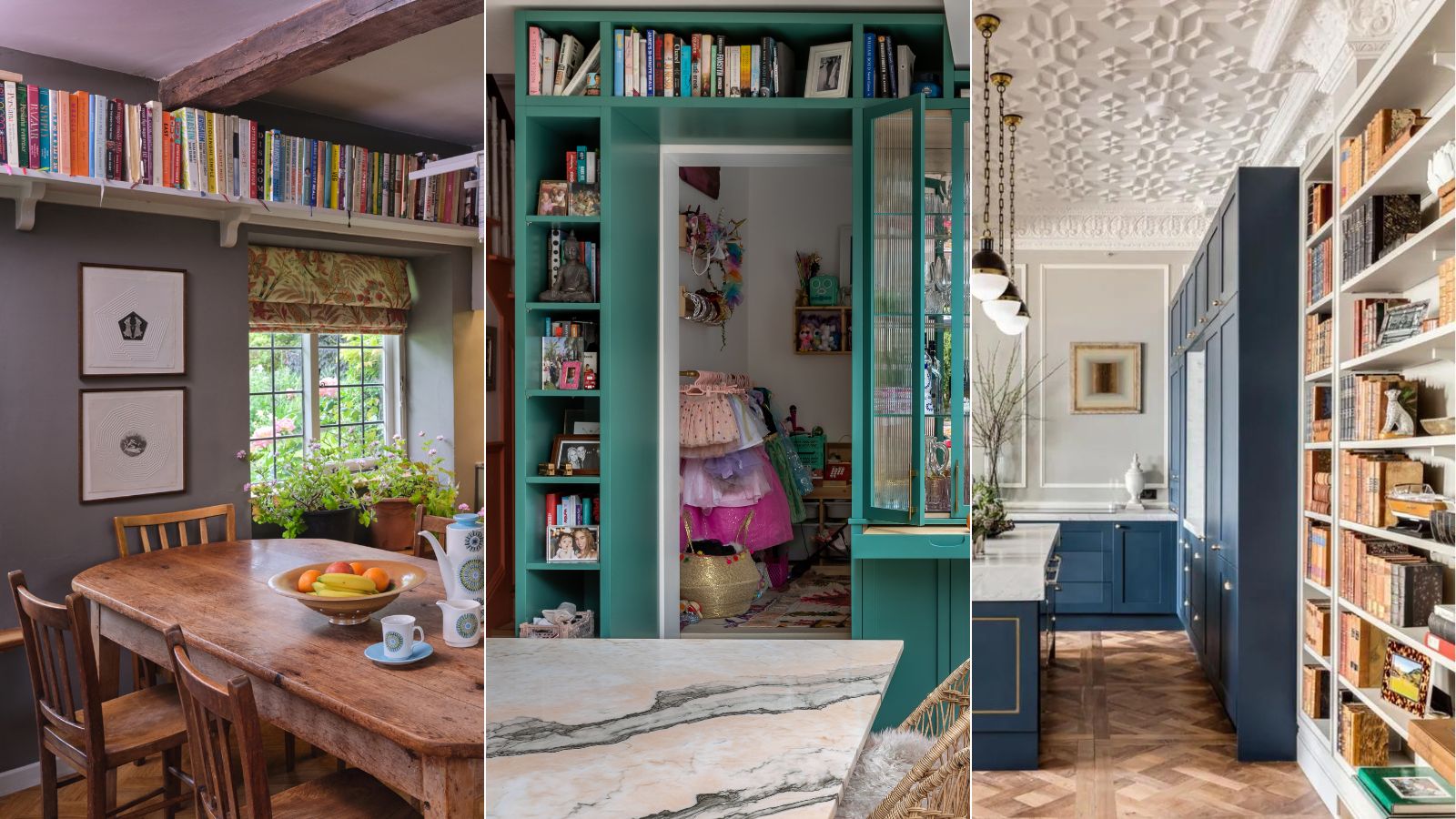 Kitchen libraries are the new way to add character to your scheme – and these five designs are perfect examples
Kitchen libraries are the new way to add character to your scheme – and these five designs are perfect examplesInterior designers share their favorite ways to introduce bookshelves to a kitchen
By Molly Malsom
-
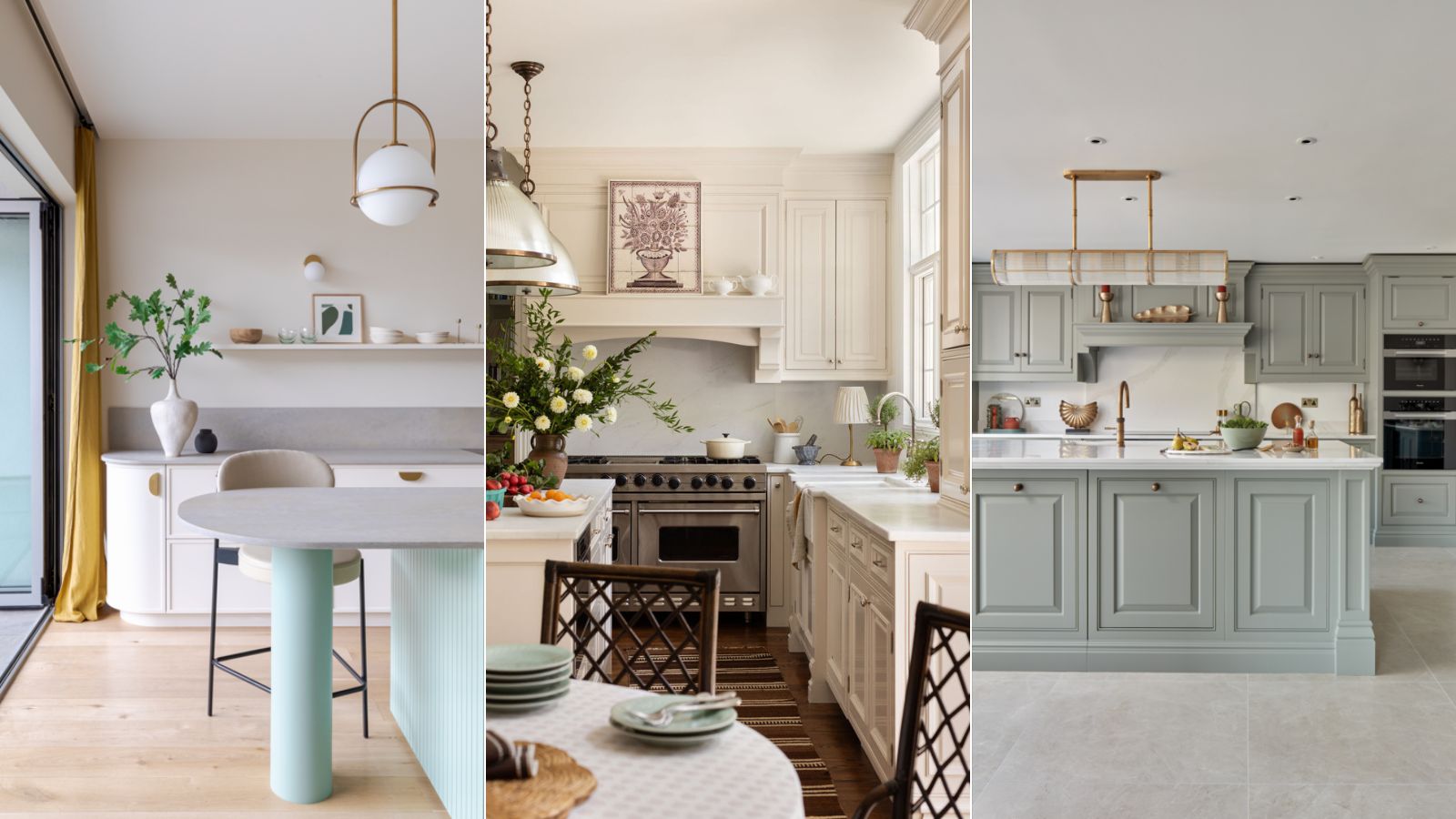 6 ways to add character to a kitchen that has none, according to interior designers
6 ways to add character to a kitchen that has none, according to interior designersThe kitchen is the heart of the home, so make yours feel warm and inviting with these characterful updates
By Molly Malsom
-
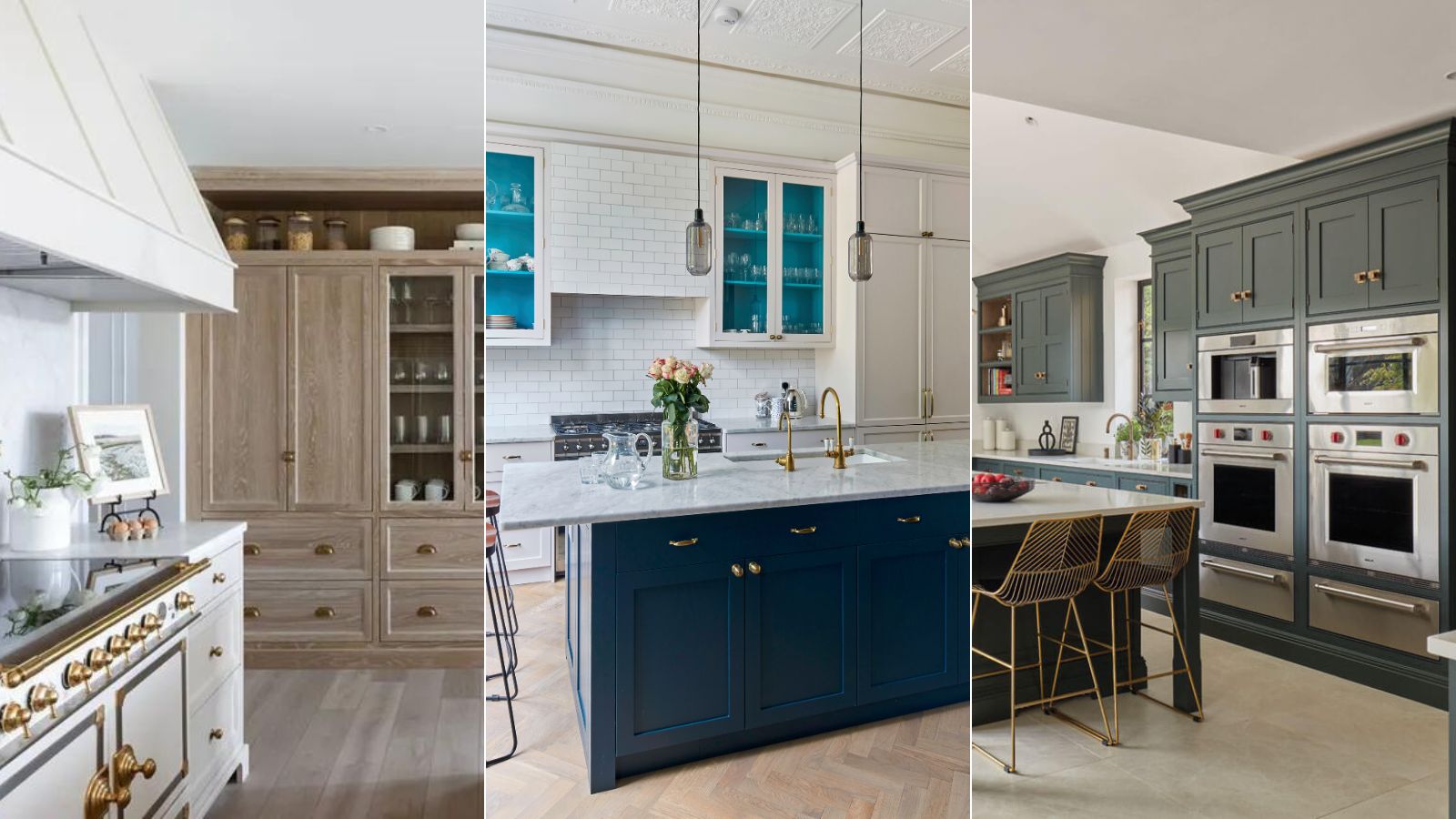 What's the most timeless kitchen hardware? These are the designs that transcend trends, say interior designers
What's the most timeless kitchen hardware? These are the designs that transcend trends, say interior designersEnsure your kitchen scheme never dates with these designer-approved hardware choices
By Molly Malsom
-
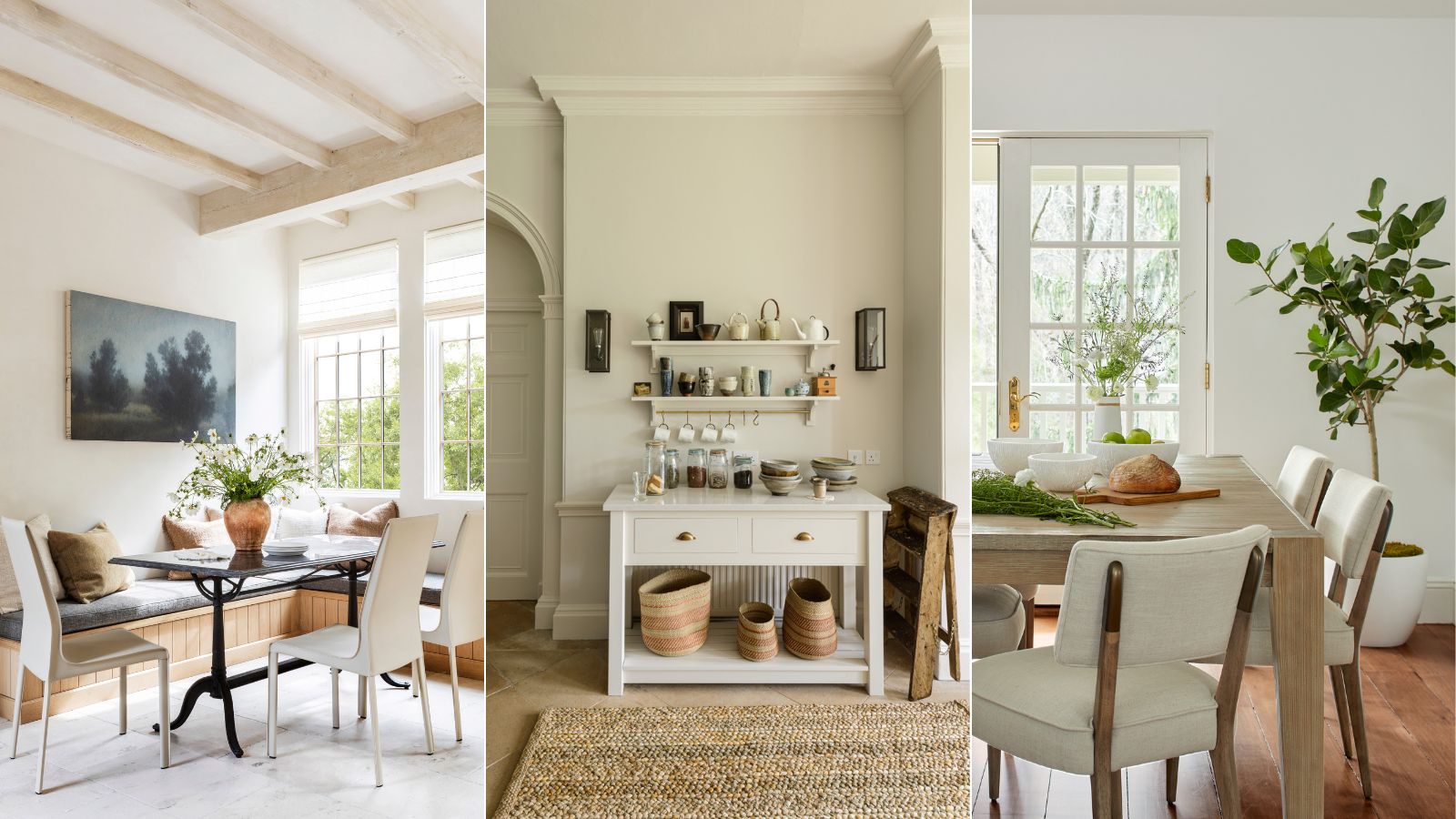 What should I put in the corner of my kitchen? Interior designers share their favorite ways to fill these tricky spaces
What should I put in the corner of my kitchen? Interior designers share their favorite ways to fill these tricky spacesFrom decor to coffee corners, interior designers are full of fun ideas to make use of an awkward kitchen corner
By Molly Malsom
-
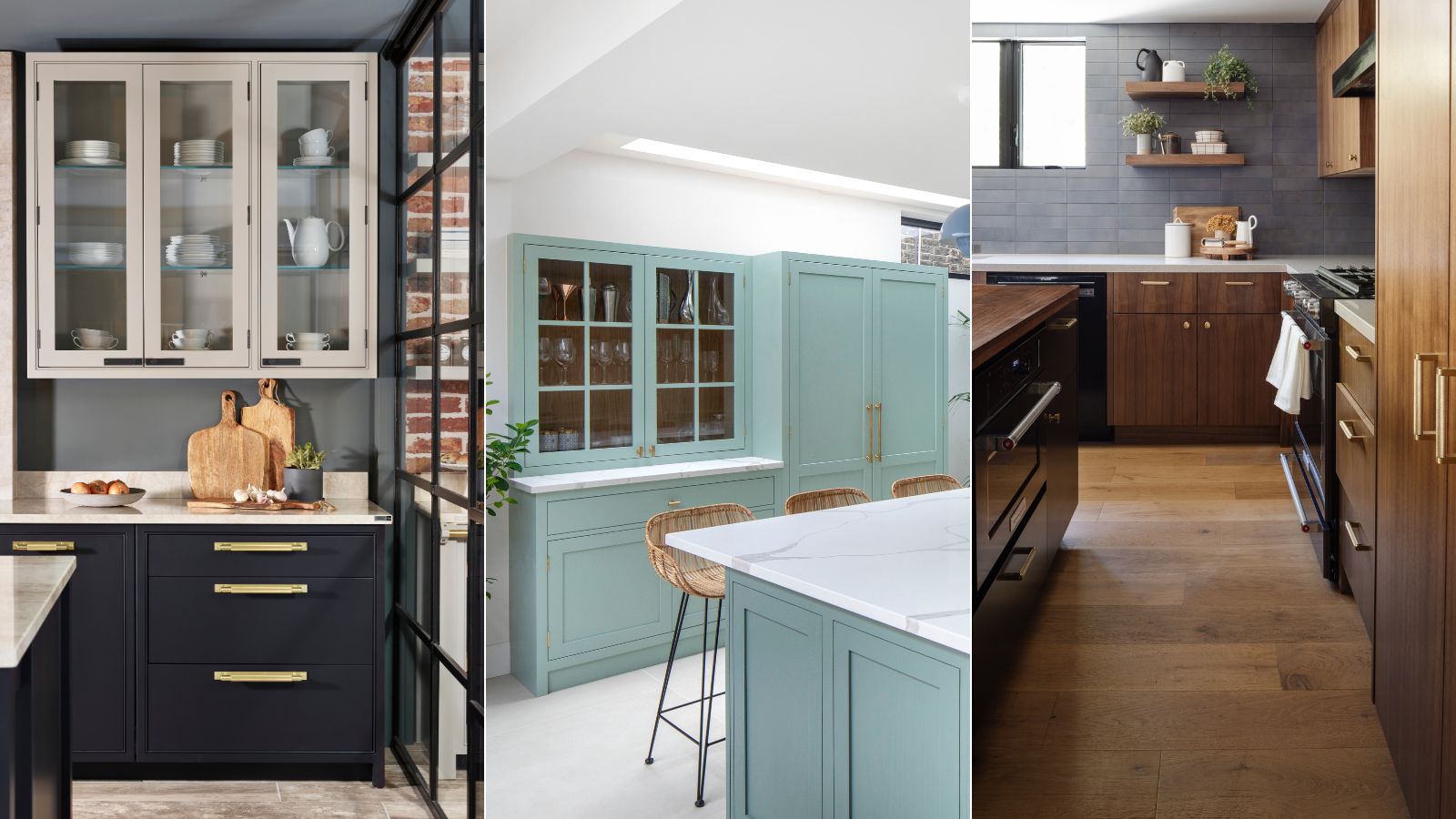 5 dated kitchen hardware trends that could be bringing down the look of your kitchen
5 dated kitchen hardware trends that could be bringing down the look of your kitchenDon't let dated kitchen hardware ruin your scheme – these are the trends to remove from your space ASAP, and the hardware styles you should consider instead
By Molly Malsom
